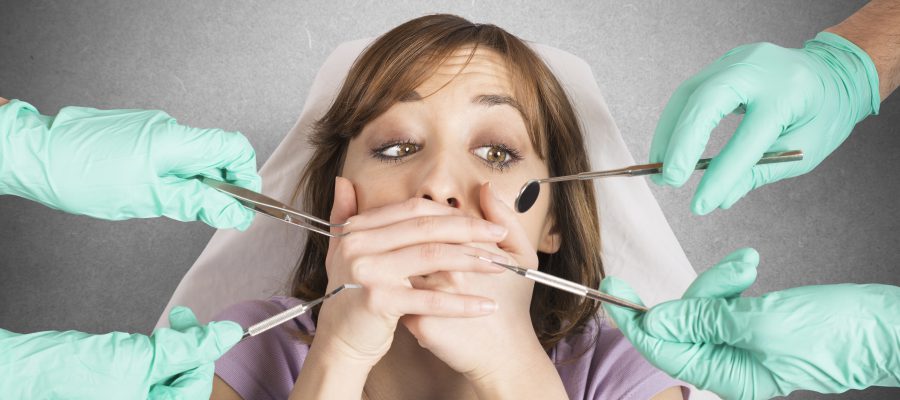
Can Adolescent Teeth Grinding Cause TMJ Problems?

At Headache & TMJ Center for New Jersey, Dr. Ivan Stein and our team are interested in the evolution of TMJ disorders and how they develop. One of the possible causes of TMJ problems that has been brought up is teeth grinding, especially when it starts during adolescence. It is estimated that approximately 30 to 40 million American adults and children are affected by teeth clenching or grinding. Here, Dr. Stein and our team discuss teeth grinding and whether it can cause or contribute to TMJ problems.
The Consequences of Teeth Grinding
Some people only grind their teeth at night during sleep; others grind their teeth during the day when they feel tense or anxious. It may be a nervous habit or the body’s reaction to misaligned teeth or a bad bite. Or, teeth grinding may be the result of a neuromuscular disease or the side effect of taking a psychiatric medication.
In any scenario, tooth grinding can lead to serious complications. The teeth can fracture, loosen or even fall out. The enamel can become very worn down. Grinding can also affect your jaws; it can, in fact, cause or worsen problems with the temporomandibular joint (TMJ).
Tips to Stop Grinding Your Teeth
Stopping tooth grinding can reduce your risk of developing TMJ-related problems. There are a few things you can try on your own to stop grinding your teeth. First, identify any sources of stress or anxiety in your life and eradicate them. Meditation, yoga and exercise have been shown to reduce stress and stop related grinding. Depending on how bad the stress-related grinding is, physical therapy or prescription muscle relaxant medications can also help.
Cutting out certain foods and drinks is helpful in the fight against tooth grinding. Eliminate foods and drinks that contain caffeine or alcohol — these items can intensify tooth grinding. Gum is also a bad idea, as it allows your jaw muscles to adjust to clenching.
If you notice you start to grind your teeth during the day, stop yourself by holding the tip of your tongue between your front teeth.
If these at-home tricks don’t work or you mostly grind your teeth at night, ask your dentist about wearing a mouthguard as you sleep. When worn, the mouthguard protects your teeth from grinding. The dentist may recommend a boil-and-bite guard that you can buy at a sporting goods store as a first line of defense. If that type of mouthguard doesn’t suffice, the dentist can have you fitted for a custom mouthguard.
If you have noticed that you grind your teeth, or if your adolescent does, you should schedule an appointment with a dentist to check for signs of TMJ disorder. If you have been diagnosed with TMD, please contact the Headache & TMJ Center of New Jersey to talk to us about treatment options. To schedule an appointment at our practice, please call (855) TMJ-DOCS or (855) 865-3627 today.

